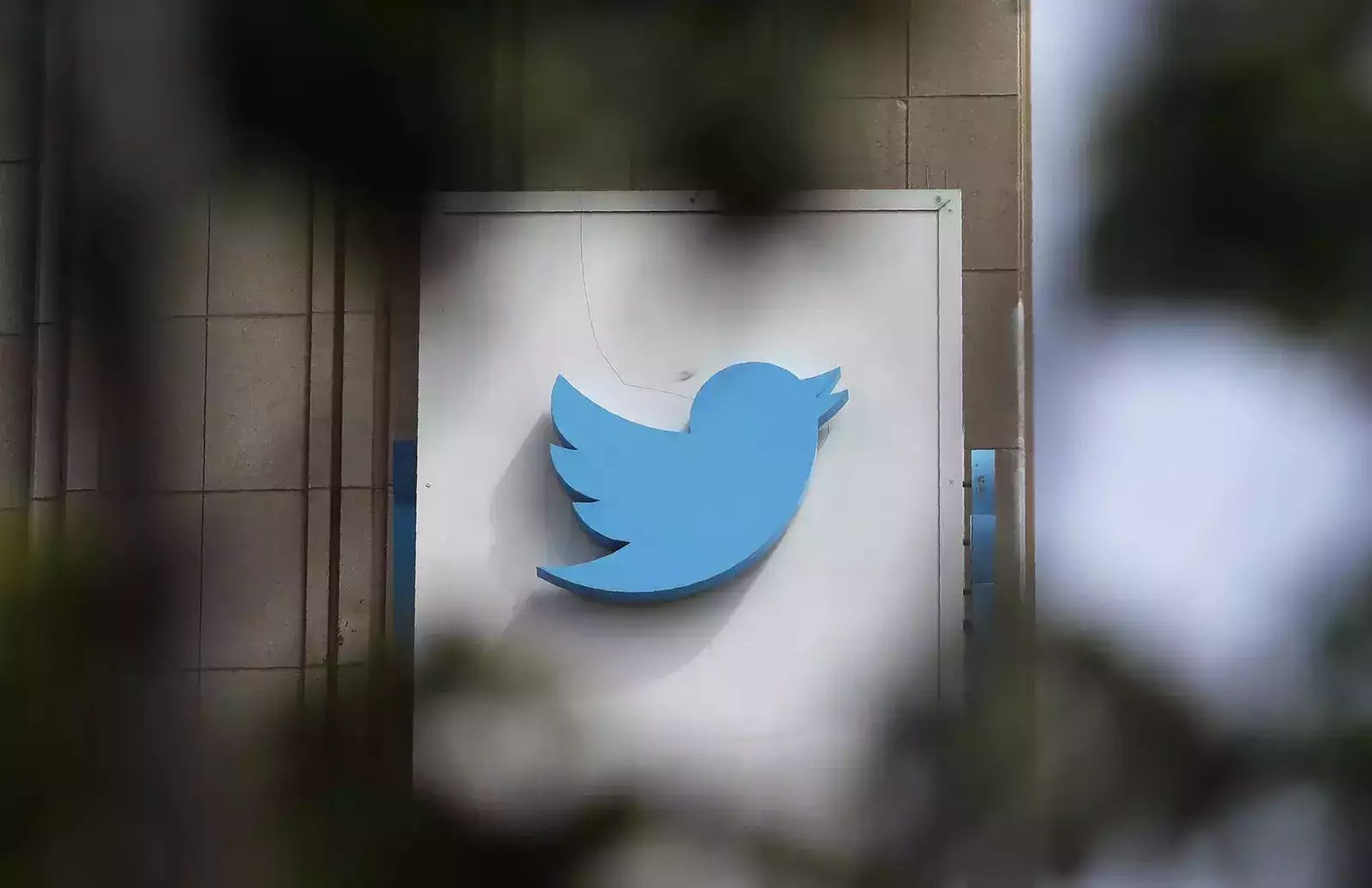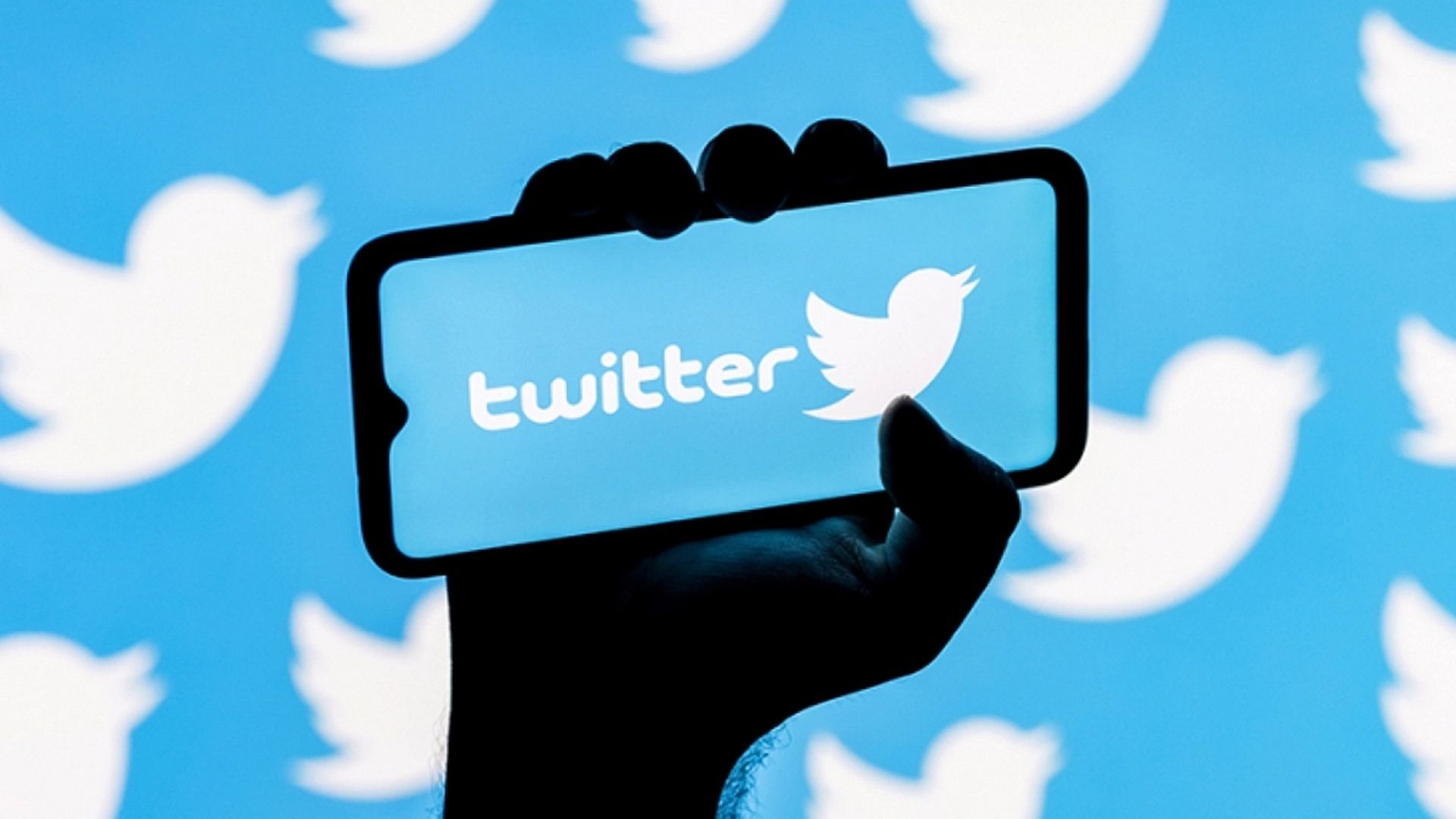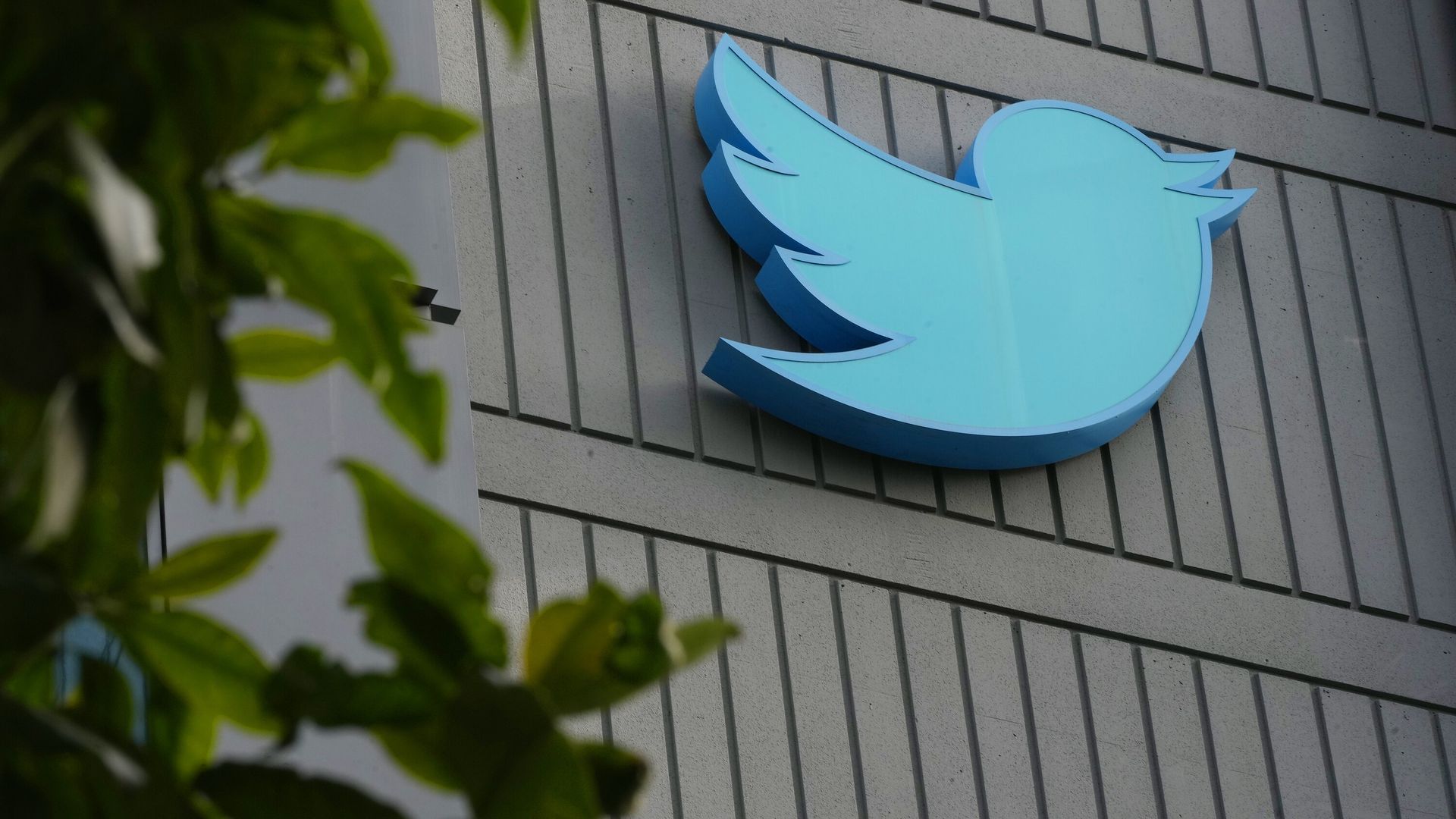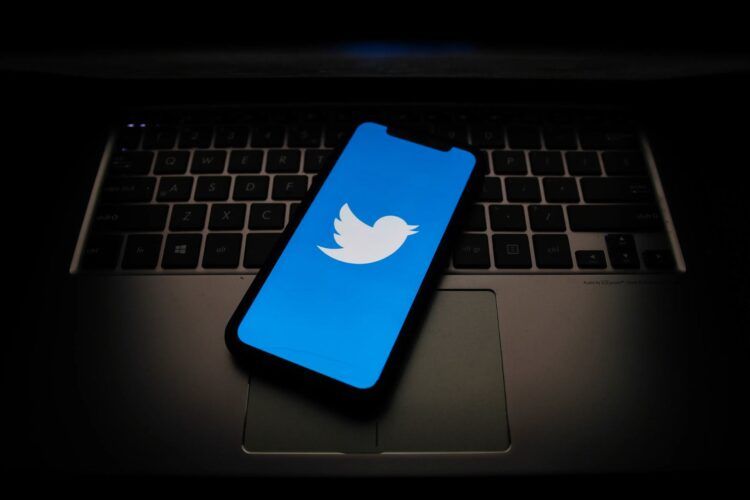Twitter’s future may see a major transition with a possible rebranding of the app as part of Twitter 2.0. According to recent court documents filed in a legal action against the platform, the social media giant’s current parent company, Twitter Inc., will cease to exist and will be absorbed into a new corporate entity called ‘X Corp’ owned by none other than Elon Musk.
This development marks a significant shift in the company’s direction and may pave the way for innovative changes to its platform.
Twitter Corp. no more: Welcome X Corp.
According to the document submission:
Twitter Inc. has been merged into X Corp. and no longer exists. X Corp. is a privately held corporation, incorporated in Nevada, and with its principal place of business in San Francisco, California.
The proposed name change for Twitter 2.0 aligns with Elon Musk’s grand vision for an “everything app,” which he has dubbed X Corp. In line with his future plans for the app, Musk already owns the X.com URL. While the specifics of Musk’s X app are yet to be revealed, he has indicated that it would offer users comprehensive functionalities similar to China’s popular WeChat app.
Buying Twitter is an accelerant to creating X, the everything app
— Elon Musk (@elonmusk) October 4, 2022
WeChat has become an all-in-one utility for Chinese citizens, allowing them to carry out numerous activities such as paying bills, buying public transport tickets, registering their details, and grocery shopping, among others. As Musk was finalizing his Twitter acquisition deal last October, he reiterated that X remained his long-term plan for the business. This latest development hints at exciting prospects for Twitter users as the platform gears up to embrace new possibilities.

Leveraging his expertise in digital payments and the vast connectivity of Twitter, Musk intends to incorporate payment features into tweets, enabling seamless, fee-free money transfers across the globe. Speaking at the Morgan Stanley Tech Conference last month, Musk shed more light on his plan.
So, let’s say you want to be able to send money easily from one account on Twitter to another account effortlessly, with one click, you want to be able to earn interest on that money, you want to be able to have debt, so you can let your interest can go negative. Basically, I think it’s possible to become the biggest financial institution in the world, just by providing people with convenient payment options.
During his talk, Musk also expressed his belief that PayPal, the online payment system he helped establish in the early 2000s, represents only a partial realization of what is achievable in the realm of digital finance. Interestingly, Musk initially founded X.com, an online banking startup, in 1999, which later got acquired by PayPal and rebranded under the same name. However, Musk’s tenure as CEO was short-lived, as he was ousted by the PayPal board. It seems that Musk had unfinished business with the concept of online payments, and it is worth noting that PayPal was called ‘X.com’ during his leadership. The name change took place only after his departure from the company.
Musk’s vision for digital finance dates back to a 1999 interview with CBS, where he provided more details on his plans.
In my view, the Internet had gone through a couple of stages and was ready for another stage. The first stage was where people could trust the Internet for information. This was perhaps ’95 or ’96. The second was to trust the Internet for purchases and begin to use credit cards online to buy books, toys, pet food and that kind of thing. I think we’re at the third stage now where people are ready to use the Internet as their main financial repository.
Interestingly, Musk’s vision for digital finance could be seen as a precursor to the cryptocurrency movement. Despite the hype surrounding cryptocurrencies, their adoption in Western markets has been limited due to their uncertain use case. While one of the key attractions of crypto is the ability to have greater control over one’s money by circumventing traditional financial institutions and government regulations, recent collapses in the crypto market have shown that these regulations exist for a reason.

Consequently, accepting crypto as a mainstream currency that adheres to the same rules as other currencies would undermine a significant element of its appeal. While Musk has offered indirect support for cryptocurrencies, particularly Dogecoin, it does not appear to be a driving force behind his X.com initiative at this point.
The primary goal of Musk’s X.com initiative seems to be centered around simplifying and streamlining payments while also expanding finance options, all through a single app that would serve as a crucial facilitator of one’s digital identity.
This approach closely mirrors what WeChat provides for around a billion users in China. However, Meta’s experiences with similar experiments with Messenger and WhatsApp have shown that encouraging other regions to adopt such apps and online processes is a challenging task, compounded by the regulatory hurdles involved. Meta’s goal in 2016 to expand Messenger as a platform followed a similar approach, as explained by the then Head of Product Management for Messaging Products, Stan Chudnovsky:
What’s happening in Asia [with WeChat] is an inspiration – but that’s more about proof of what’s possible. It’s proof that everything starts from a conversation.
Meta’s plan in 2016 was to enhance Messenger’s capabilities with bots and automated shopping flows, while also allowing utility providers, agencies, and other interested parties to create applets within the app. This approach aimed to make Messenger a central hub for all types of interactions, from communication to business dealings, thereby eliminating the need for multiple apps.
However, the outcome was far from favorable, with users not embracing any of these additional functions. Despite the growing use of messaging as an interactive tool, Meta has since removed all these features. The company’s focus now centers on developing business opportunities in specific markets through WhatsApp, and it is no longer attempting to replicate WeChat’s success in Western markets.

Although Meta continues to expand its messaging options for businesses, building a Western version of WeChat seems to be a lost cause.
Elon Musk now appears to be taking up the mantle of replicating WeChat’s success in Western markets, but past experience suggests that Western users are not receptive to this approach. Furthermore, the additional regulatory challenges and Musk’s history of public disdain for such bodies raise questions about the feasibility of this plan on a functional level for Twitter.
However, the name change of the parent company suggests that this is the long-term vision for making Twitter a more significant player, with a broader reach of users. Although the pathway to achieve this goal remains uncertain, Musk appears to believe that his 1999 vision of digital finance is the way forward for what could soon be the rebranded Twitter.





